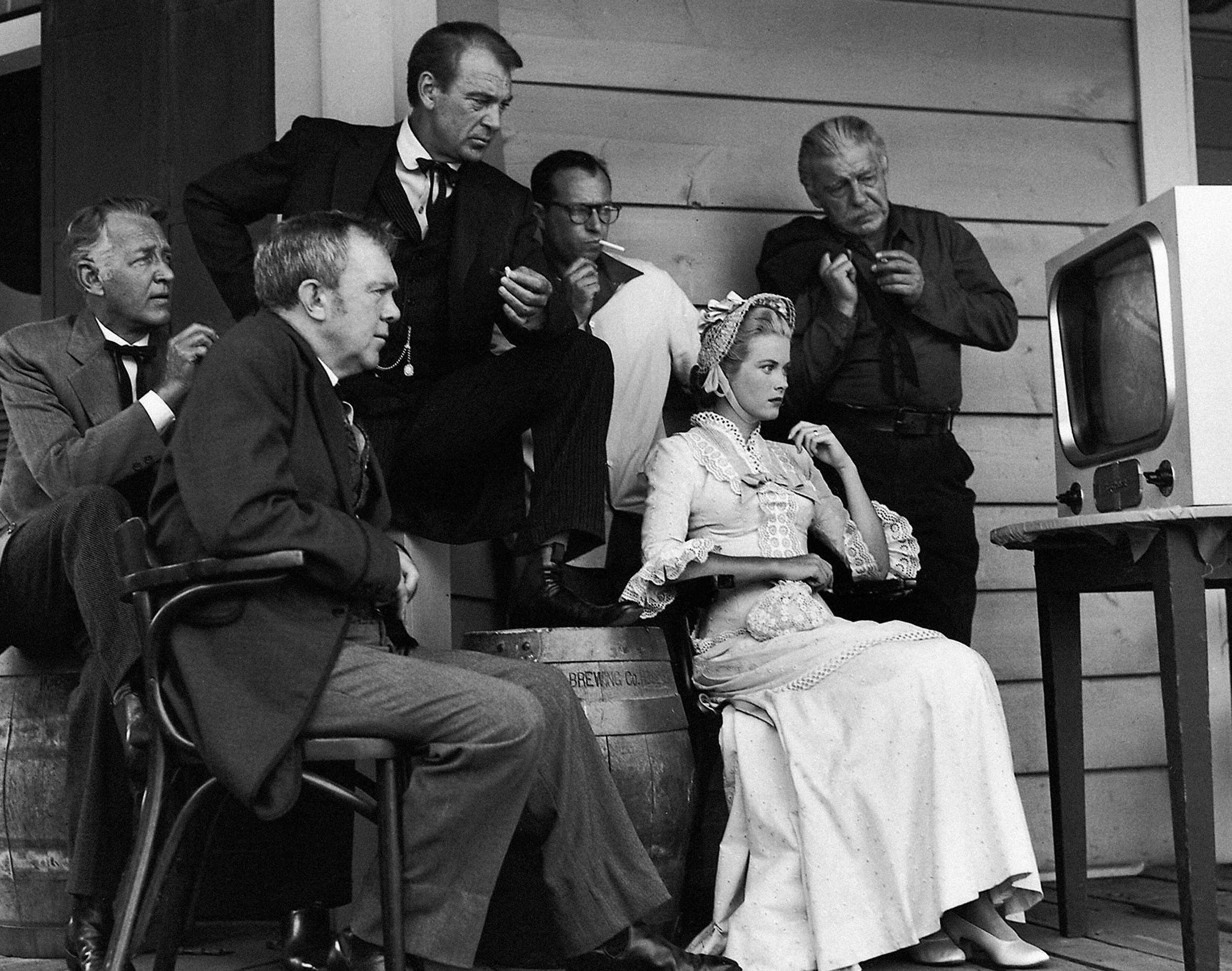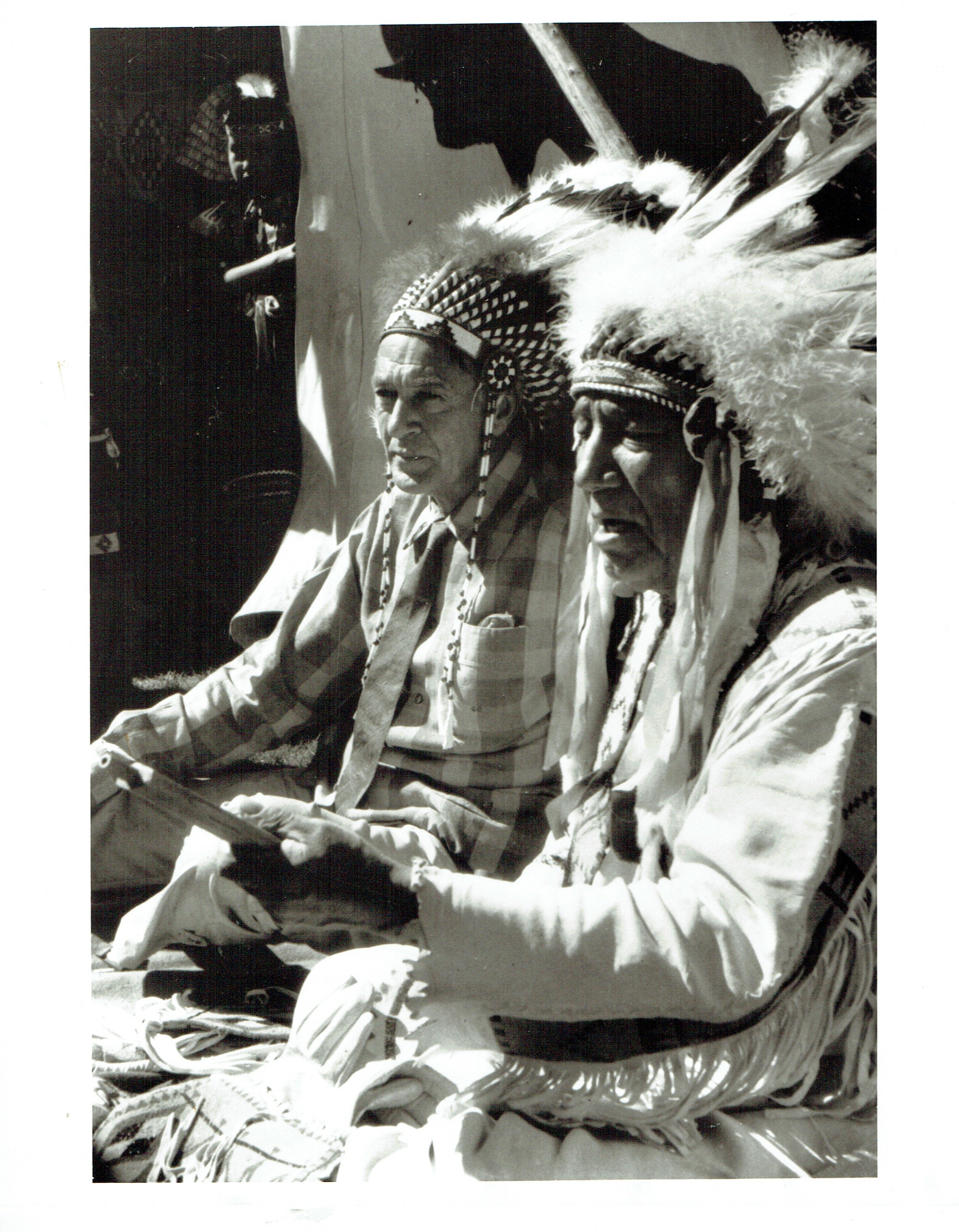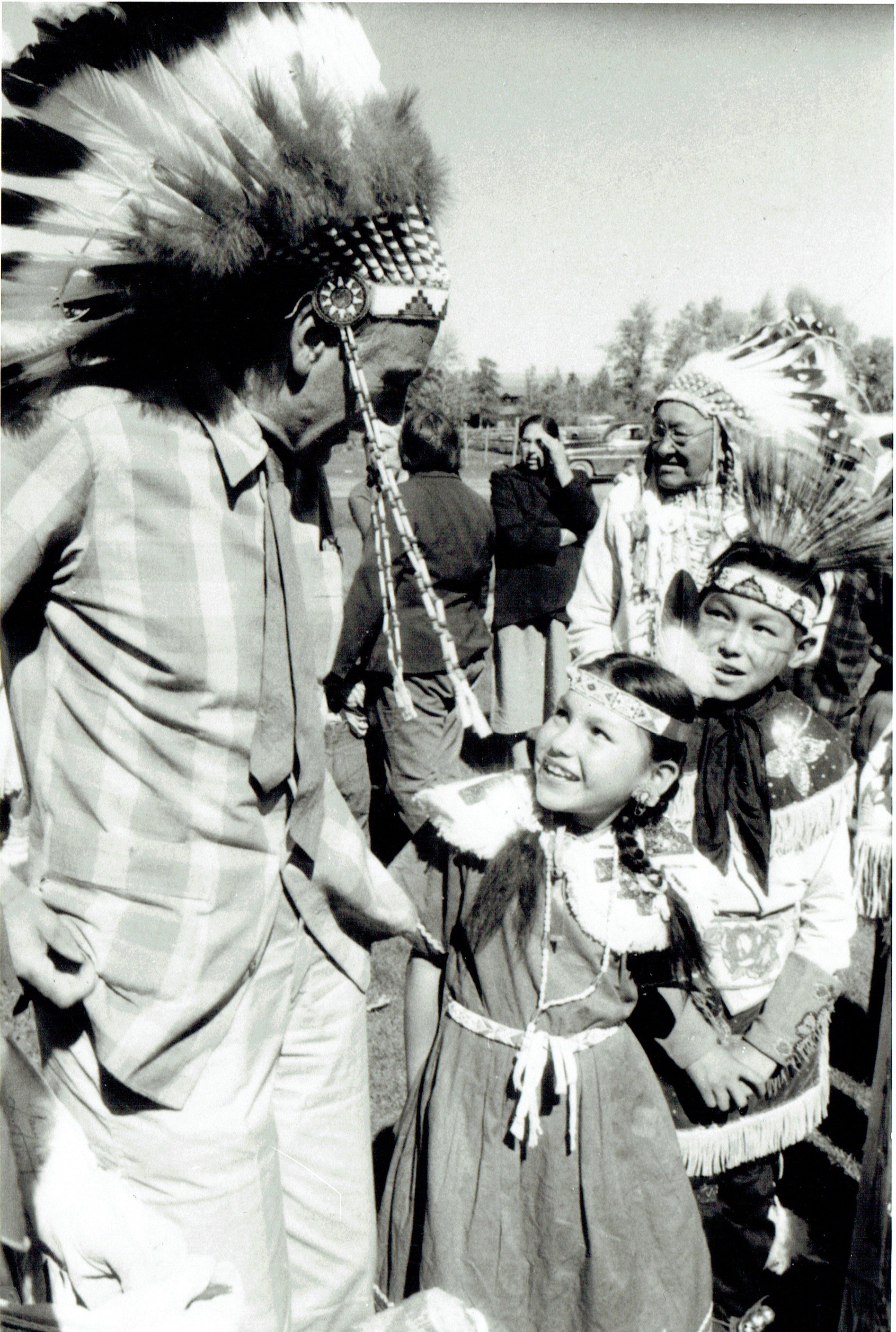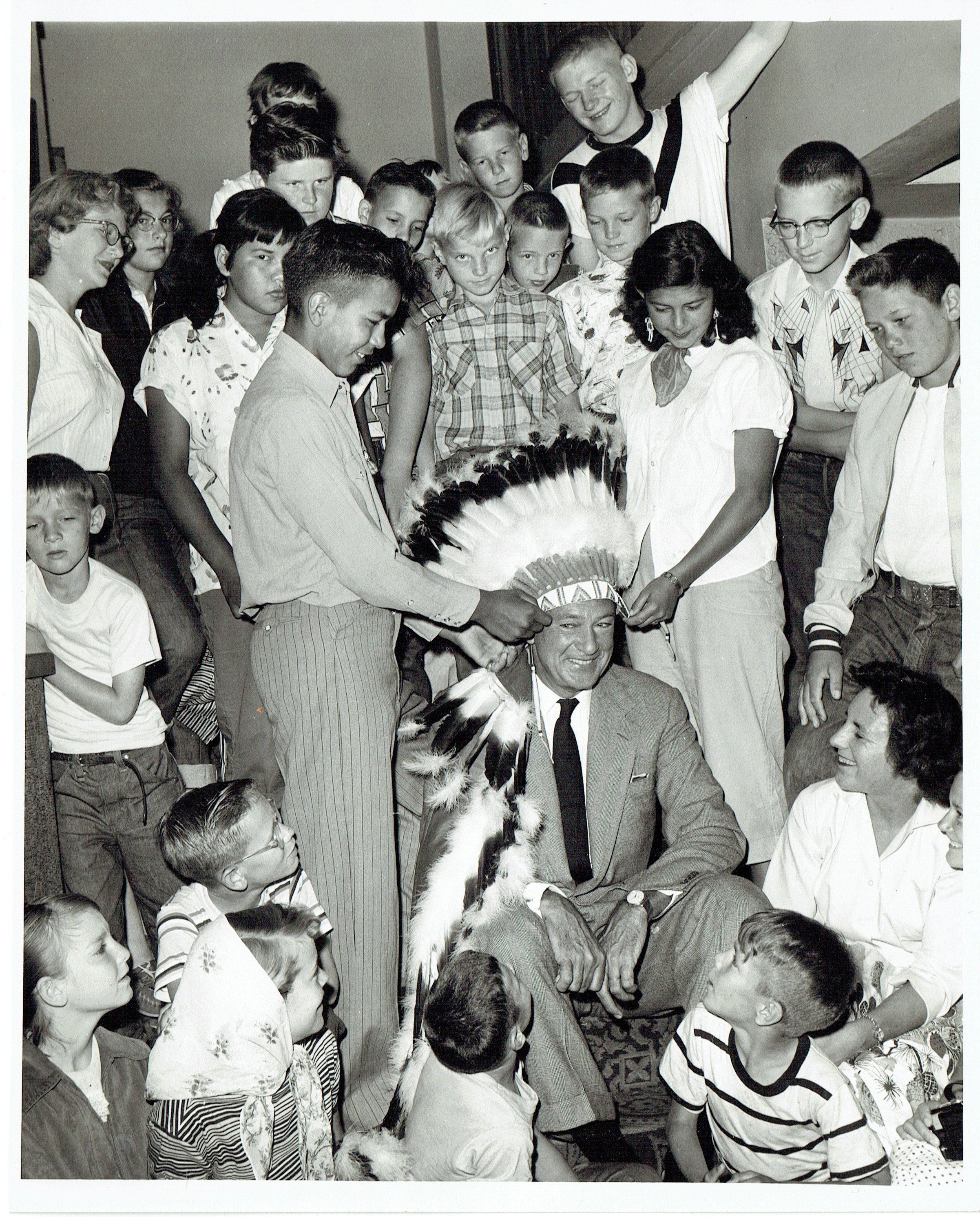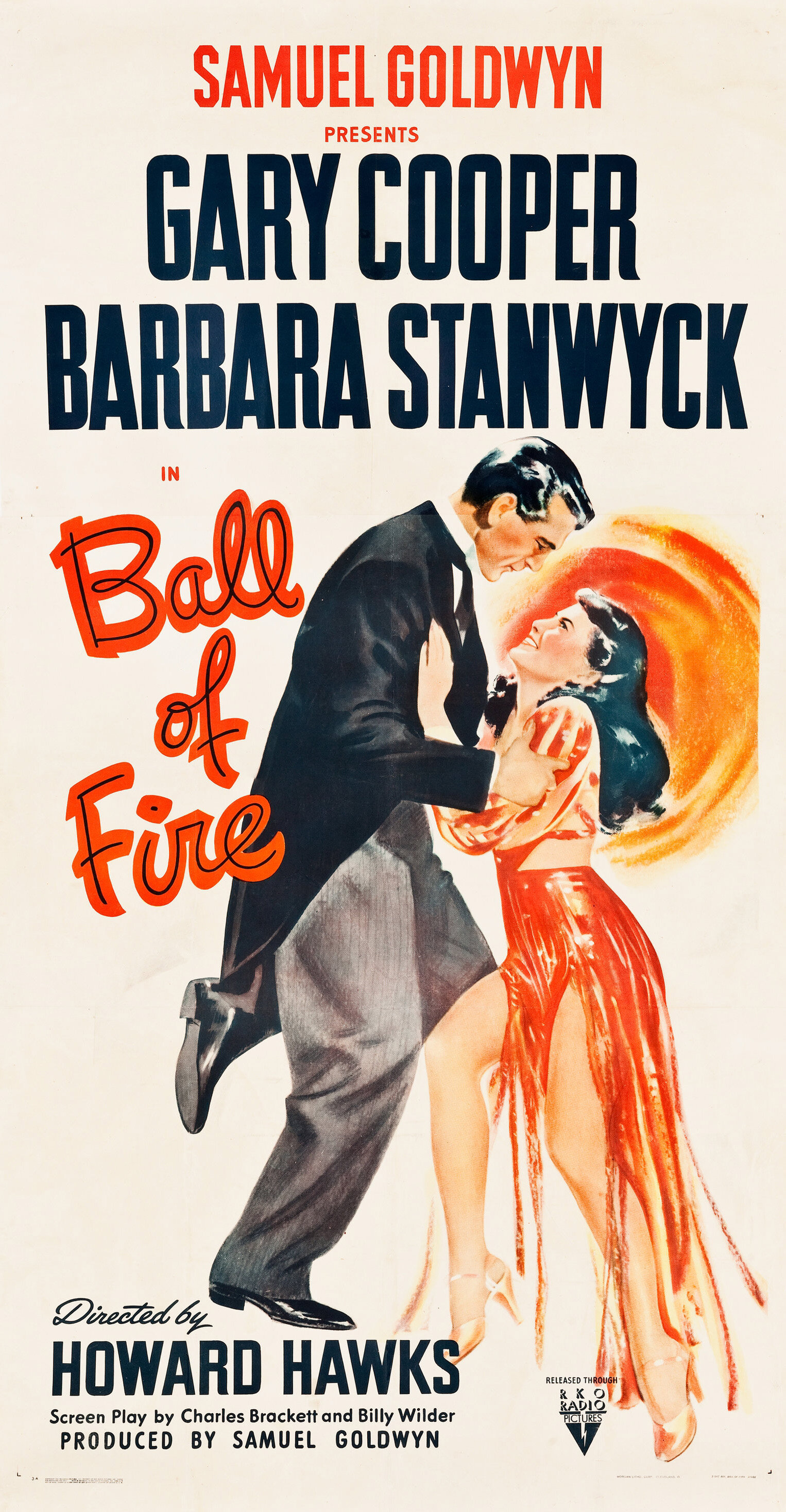For filmmaker Carl Foreman, resisting McCarthyism was a patriotic duty, even if it meant the end of his career in the U.S.
By Amanda Foreman
Sept. 15, 2023 at 9:00 pm ET
Americans who worry that “cancel culture” is a growing threat to democracy may find it cathartic to watch “High Noon on the Waterfront,” a short documentary by directors David Roberts and Billy Shebar. Released last year, the film explores the meaning of moral courage in the 1950s, when the U.S. was in the grip of McCarthyism. In Hollywood, the hunt for communists and alleged subversives resulted in a blacklist that robbed the industry of some of its brightest talent for almost two decades and destroyed the lives of hundreds of people.
The documentary focuses on the divergent fates of two filmmakers, Carl Foreman and Elia Kazan, who have come to symbolize the stark polarities of the era. Both men were former members of the Communist Party, and known for tackling socially progressive themes in their work. Both were subpoenaed by the House Un-American Activities Committee (HUAC) and subsequently made films that were allegories of the blacklist. But the similarities end there.
Foreman admitted he had belonged to the Communist Party in his youth but refused to provide names of other party members. “I realize that there are some people who will never be convinced of my ‘loyalty’ to the United States…unless I name all persons I knew to be members of the Party during my own period of membership. My life would be much easier if I could oblige them. But I cannot, and will not, do so,” he stated. As a result, he was classified as an uncooperative witness and blacklisted in Hollywood.
Kazan, on the other hand, opted for self-preservation. At his HUAC hearing in 1953, he named eight people as former Party members and was allowed to continue making films.
Foreman (third from right) and actors watch daily footage on the set of ‘High Noon,’ 1952. PHOTO: ALAMY STOCK PHOTO
When Foreman received his subpoena he was working on the movie “High Noon.” Knowing what was to come, he intended the script to be his personal testimony against the blacklist. The film’s protagonist is a small-town sheriff named Will Kane who is faced with a difficult moral choice. He must decide whether to follow his conscience and try to stop a gang of outlaws from taking over the town, or listen to the townspeople who say that appeasement is the safer course of action. In the end Kane, played by Gary Cooper, confronts the outlaws alone.
Elia Kazan made a contrasting moral statement in the 1954 film “On the Waterfront,” which he directed from a script by Budd Schulberg, who cooperated with HUAC. It depicts the heroic struggle of a longshoreman, played by Marlon Brando, at the mob-controlled dockyard in Hoboken, N.J., who decides to testify against his corrupt bosses, despite intense pressure and threats.
To the end of their lives, Foreman and Kazan were each adamant that they had made the right decision about whether to name names. “High Noon on the Waterfront” lets the men speak for themselves, juxtaposing excerpts from their personal writings with clips from the two films. The voices of Foreman and Kazan are supplied by Edward Norton and John Turturro, respectively, adding dramatic intensity.
Carl Foreman was my father, and when I saw the documentary I found it unnerving, to say the least, to hear him speaking in Edward Norton’s voice. That is partly because I struggle to recall his real voice. I was 15 years old when he died and more interested in imitating Madonna than making clear memories of him. Just a few more years would have changed all that. But his death in 1984, when he was 69, froze our relationship at its most awkward and superficial stage.
My father’s unique stance had made him equally unpopular with the left and the right.
My father’s HUAC testimony took place many years before I was born. All I really knew about it was that his unique stance had made him equally unpopular with the left and the right. He was hardly alone in refusing to name names, but he also denounced Soviet communism and disassociated himself from the American Communist Party. To the committee, not naming names made him a subversive; to his former comrades, rejecting communism made him a turncoat.
Carl Foreman testifies before HUAC in Los Angeles in 1951. PHOTO: EVE WILLIAMS JONES AND WRITERS GUILD FOUNDATION
Watching “High Noon on the Waterfront” made me confront the fact that I didn’t know what my father really believed or why he had acted as he did. Why refuse to name names in the way that would cause him the most harm and suffering?
I couldn’t find the answer to this conundrum in any books on the period, so I went back to his private papers. Searching through years of correspondence, I finally found it in a letter he wrote to his agent in 1956, four years after being blacklisted. “I can give you no greater proof of my loyalty to America” than refusing to name names, my father wrote. “Everything we say about the freedom of the individual in America becomes meaningless if the individual is forced to conform to other people’s ideas of what constitutes loyalty, and if we continue to insist that everybody thinks and acts alike in our country we will not only lose the Cold War but in the long run we will find ourselves thinking and acting exactly like the Russians while professing to be their exact opposites.”
For Carl Foreman, liberty and civic virtue were democratic values worth sacrificing for. To be a good American he was prepared to be punished as a bad one. This was true moral courage.
-
Also, posted on WSJ - https://www.wsj.com/arts-culture/history/my-father-the-blacklist-and-high-noon-80e0db77

